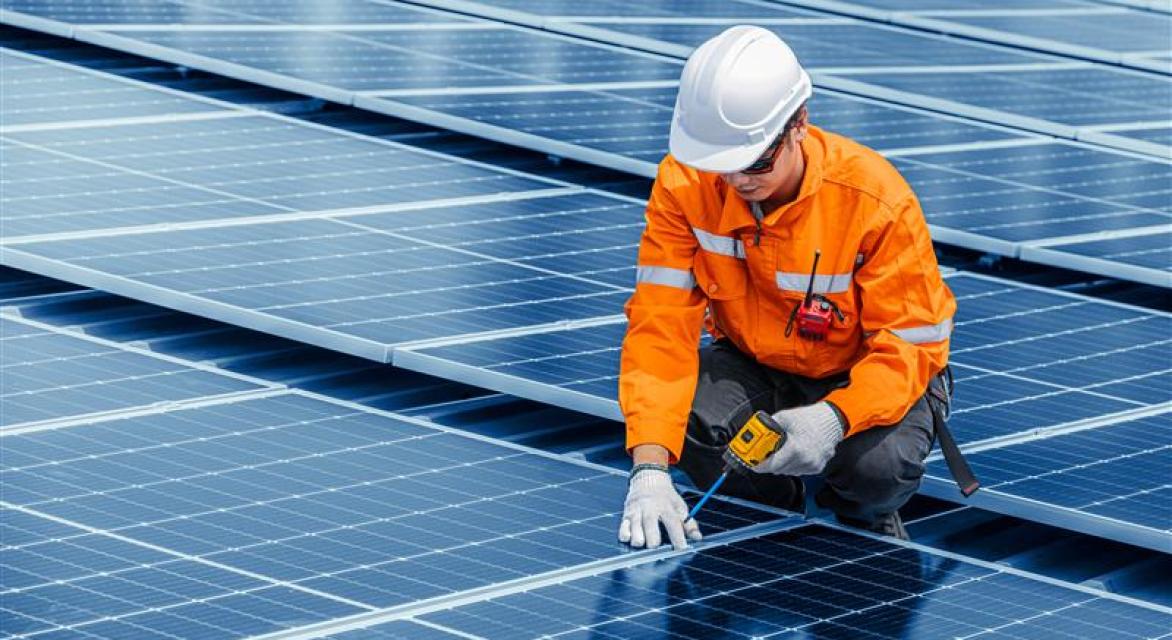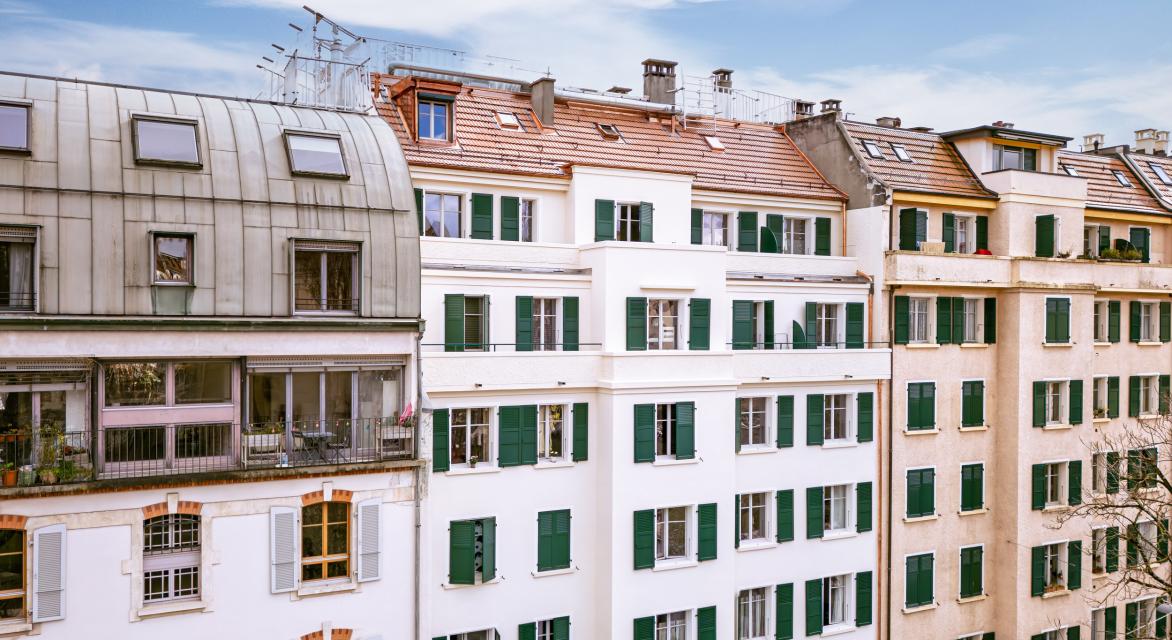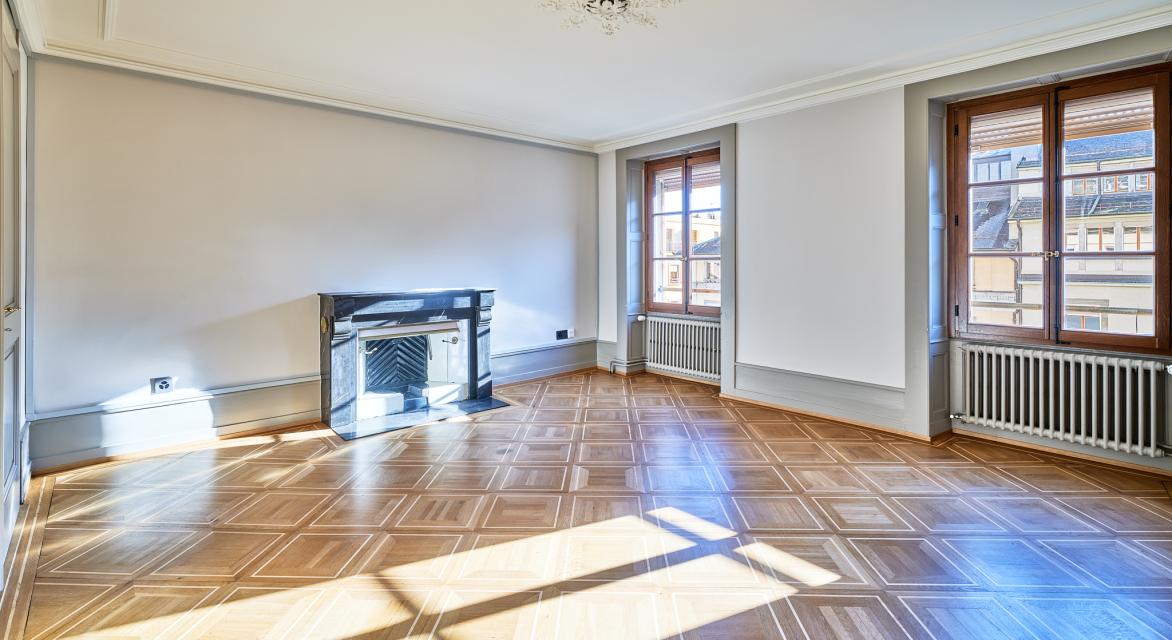As Geneva prepares to vote on the “Rapid Transition to Solar” initiative (IN 191), the public debate is highlighting two opposing visions of the energy transition. The initiative proposes to require photovoltaic panels on all building surfaces, without exception, while the counterproposal, supported by USPI Geneva, favors a pragmatic approach grounded in real-world conditions and the experience of real estate professionals.
For USPI Geneva, the energy transition must be carried out methodically, by prioritizing actions and considering technical and economic feasibility. Bruno Frisa, an architect specializing in sustainable renovations and a member of USPI Geneva’s technical commission, insists: “Environmental measures should begin with a comprehensive renovation of buildings. In practice, this means first addressing insulation, then switching heating systems to renewables, and finally solar energy.” Generalizing the installation of panels everywhere, as the initiative proposes, risks leading to additional costs and heavy administrative procedures, without guaranteeing real efficiency.
A commonly overlooked reality: every solar panel installation requires scaffolding on all façades and the roof, which drives up costs. According to Bruno Frisa, “The costs related to purchasing the panels represent only one third of the final cost, while preparatory work accounts for two thirds.” Furthermore, not all roofs have the right orientation or load-bearing capacity, and obtaining permits remains a significant obstacle.
The counterproposal prioritizes the roofs of industrial, administrative, new, or renovated buildings-surfaces that are technically suitable and economically viable. It also incorporates solar thermal energy, which is particularly relevant for producing domestic hot water in residential buildings. “Solar thermal has a key role in Geneva’s energy mix. It is efficient, less resource-intensive, and meets a constant need without having to oversize photovoltaic installations,” explains Bruno Frisa.
In the face of a shortage of qualified labor, administrative burdens, and structural constraints, the counterproposal stands out as a realistic and sustainable solution. It focuses on upskilling the sector, adapting to the specificities of each building, and favoring incentives rather than blanket obligations. For USPI Geneva, this targeted, flexible, and field-oriented strategy is the best way to achieve an effective and economically viable energy transition in Geneva.
Do you have a sustainable renovation project or questions about energy efficiency? Contact our Sustainable Renovation service for personalized support!
Phone: +41 22 322 55 52
Email: renovation@pilet-renaud.ch
Please read the full article at: https://www.immobilier.ch/fr/actualite-magazines/poser-du-solaire-sur-tous-les-toits-une-fausse-bonne-idee-25709.


